Epithra 10 is used to treat certain types of cancer, such as breast and ovarian cancers. It contains Epirubicin, which works by inhibiting the growth and spread of cancer cells.
Epithra 10mg Epirubicin Injection
$80.00 – $600.00Price range: $80.00 through $600.00
| Pack Size | Price | Price / Unit | Quantity | |
|---|---|---|---|---|
| 1 Injection | $80.00 | $80.00/ unit | ||
| 5 Injections | $325.00 | $65.00/ unit | ||
| 10 Injections | $600.00 | $60.00/ unit |
Want to order in bulk / B2B price ? | Send Inquiry |

| SKU | 11098 |
| Manufacturer | Glenmark Pharmaceuticals Ltd |
| Categories | Anti Cancer |
| Delivery Time | 10 - 14 Working Days |
| Strength | 10mg |
Introduction to Epithra 10mg Injection
Epithra 10mg Injection is an anti-cancer medication used to treat a variety of cancers, including breast cancer, lung cancer, and ovarian cancer. It contains epirubicin hydrochloride, a chemotherapy agent from the anthracycline group, which works by preventing the growth and spread of cancer cells in the body. This medication is administered intravenously by a healthcare professional, typically in a hospital or clinical setting.
Epithra is often used as part of a combination therapy regimen to improve the effectiveness of cancer treatment. It may be given before or after surgery, depending on the type and stage of cancer. The dosage and duration of the treatment are determined by the doctor based on the patient’s overall health, type of cancer, and response to therapy.
While Epithra is highly effective in controlling cancer growth, it can cause side effects such as nausea, vomiting, hair loss, and decreased blood cell counts, which can weaken the immune system. Regular monitoring of blood tests and heart function is essential during the treatment to minimize potential risks and ensure patient safety.
Uses of Epithra 10mg
Epithra 10 mg Injection is used in the treatment in following conditions:
- Breast Cancer
- Gastric cancer (Stomach caner)
- Liver cancer
- Blood cancer
- Lung cancer
- Ovarian cancer
- Pancreatic cancer
- Colorectal cancer
How Does Epithra 10 Works?
Epithra 10 mg Injection has an active ingredient; Epirubicin is an anti-cancer medication which works by suppressing the activity of an enzyme (topoisomerase II) involved in DNA multiplication of the breast cancer cells. It forms harmful chemicals (free radicals) which cause DNA damage. This slows the growth of breast cancer cells & eventually kills them.
Side Effects of Epithra 10
Common Side Effects
- Nausea
- Vomiting
- Hair Loss (Alopecia)
- Low Blood Cell Counts
- Mouth Sores
- Fatigue
- Diarrhea
- Skin Changes
Serious Side Effects
- Heart Problems (Cardiotoxicity)
- Severe Bone Marrow Suppression
- Severe Allergic Reactions (Anaphylaxis)
- Secondary Cancers (Leukemia)
- Severe Liver Damage
- Blood Clot Formation
Dosage of Epithra 10mg
Epithra 10 mg Injection contains an active ingredient, Epirubicin, which is used in the treatment of breast cancer. This medicine is available in different strengths and substitutes & must be purchased or given on doctor’s prescription only. You should consult your doctor for dosage and time because age and severity of the disease differ from person to person and it can only be judged by your doctor.
Adults are advised to take Epithra 10 mg Injection at a fixed time with or without food as instructed by your Doctor. You must take Epithra 10 mg Injection regularly on time for better results
Other Dosages of Epithra
How To Manage Side Effects?
- Take prescribed anti-nausea medications and eat small, bland meals.
- Use mild shampoos and consider head coverings if needed. Hair regrows after treatment.
- Avoid infections by maintaining hygiene, and report fever or unusual bruising to your doctor.
- Rinse with a saltwater solution and avoid spicy or acidic foods.
- Rest often, stay hydrated, and maintain a balanced diet.
- Regular heart check-ups to prevent serious heart issues.
- Inform your doctor immediately if you notice rash, swelling, or breathing difficulty.
Warning & Precautions
1. Heart Health:
- Epithra may cause heart damage, especially with high doses or prolonged use. Regular heart function tests are essential during treatment.
2. Blood Counts:
- The injection can severely lower red blood cells, white blood cells, and platelets, increasing the risk of infections, anemia, and bleeding. Blood tests should be done regularly.
3. Liver & Kidney Function:
- Use with caution in patients with liver or kidney problems, as Epithra is processed through these organs. Dose adjustments may be required.
4. Pregnancy & Breastfeeding:
- Epithra can harm an unborn baby and should not be used during pregnancy. Breastfeeding should be avoided during treatment.
5. Secondary Cancers:
- Long-term use may increase the risk of developing secondary cancers like leukemia.
6. Immune System:
- Patients should avoid contact with sick individuals, as the immune system is weakened during treatment.
7. Extravasation Risk:
- Care should be taken during injection to avoid leakage outside the vein, which can cause severe tissue damage.
Safety Advice
- Regular heart check-ups mandatory
- Avoid infections, maintain hygiene
- Report fever or unusual bruising
- Do not skip blood tests
- Avoid pregnancy during treatment
- Inform doctor about other medications
- Monitor for allergic reactions
- Stay hydrated and eat healthy
- Use contraception to prevent pregnancy
- Report any chest pain immediately
Frequently Asked Questions
1. Can I take Epithra 10mg Dry Vial of 1 Powder For Injection while breastfeeding?
Epithra Powder For Injection is contraindicated for use in breastfeeding women.
2. Can I drive if I have consumed Epithra 10mg Dry Vial of 1 Powder For Injection?
There is limited information on the effect of Epithra Powder For Injection on driving ability. However, if you experience any effects after taking this medicine that may affect your ability to drive safely, it is advised to avoid driving.
3. Can I consume alcohol with Epithra 10mg Dry Vial of 1 Powder For Injection?
There is limited information available on the interaction of alcohol with Epithra Powder For Injection. Ask your doctor for advice on alcohol intake along with this medicine.
4. Can I take Epithra 10mg Dry Vial Of 1 Powder For Injection during pregnancy?
Epithra Powder For Injection should not be used in pregnant women or in women who are capable of becoming pregnant unless recommended by the doctor after assessing the need and the risk.
| Pack Size | 1 Injection, 10 Injections, 5 Injections |
|---|---|
| Price/Unit | $60/unit, $65/unit, $80/unit |
Be the first to review “Epithra 10mg Epirubicin Injection” Cancel reply
Related Products
Anti Cancer
$53.00 – $480.00Price range: $53.00 through $480.00
This product has multiple variants. The options may be chosen on the product page
Anti Cancer
$60.00 – $250.00Price range: $60.00 through $250.00
This product has multiple variants. The options may be chosen on the product page

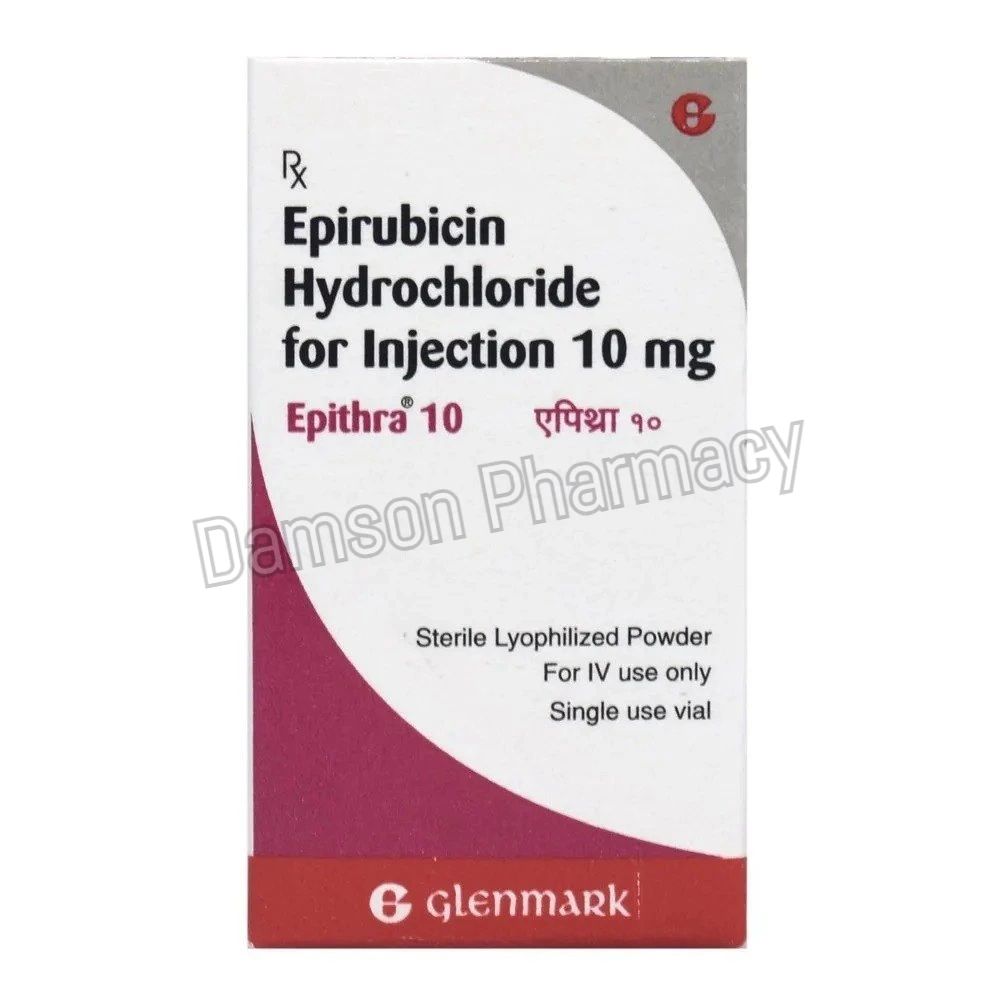






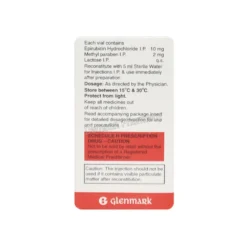
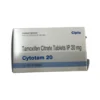
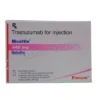
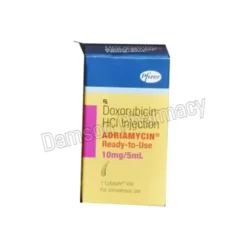
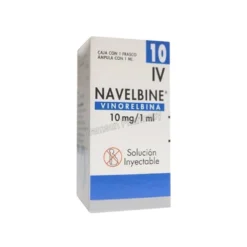
Reviews
There are no reviews yet.